We recently connected with Sam Elmore and have shared our conversation below.
Hi Sam, thanks for joining us today. How did you learn to do what you do? Knowing what you know now, what could you have done to speed up your learning process? What skills do you think were most essential? What obstacles stood in the way of learning more?
It may sound obvious, but practice is probably the best answer I can give. You get out what you put in, and songwriting is something I’ve continued to do throughout the many shifts and changes in life I’ve experienced; it’s the thing I never stopped practicing and the thing I’ve always felt most confident in.
That said, when it comes to my guitar playing it’s really developed much faster in the last year or two compared to the many years prior.
When I was growing up playing in punk and pop-punk bands, I really only learned the bare minimum of what I needed to get by and left more complicated styles of playing to my bandmates so I could focus on singing. But as my interests have evolved, I realized there were musical ideas I had in my head that I couldn’t express in my playing and so I decided to more seriously study the guitar. The most essential skills for me were the most basic fundamentals. My chops were comfortably sloppy but as I relearned how to put my hands on the guitar my tone improved dramatically and learning new things became easier because I had a solid foundation.
The biggest obstacle in this was myself; I always wanted to do the things that were fun. But I’ve learned to enjoy the less “fun” parts of practice and it’s made a huge difference.
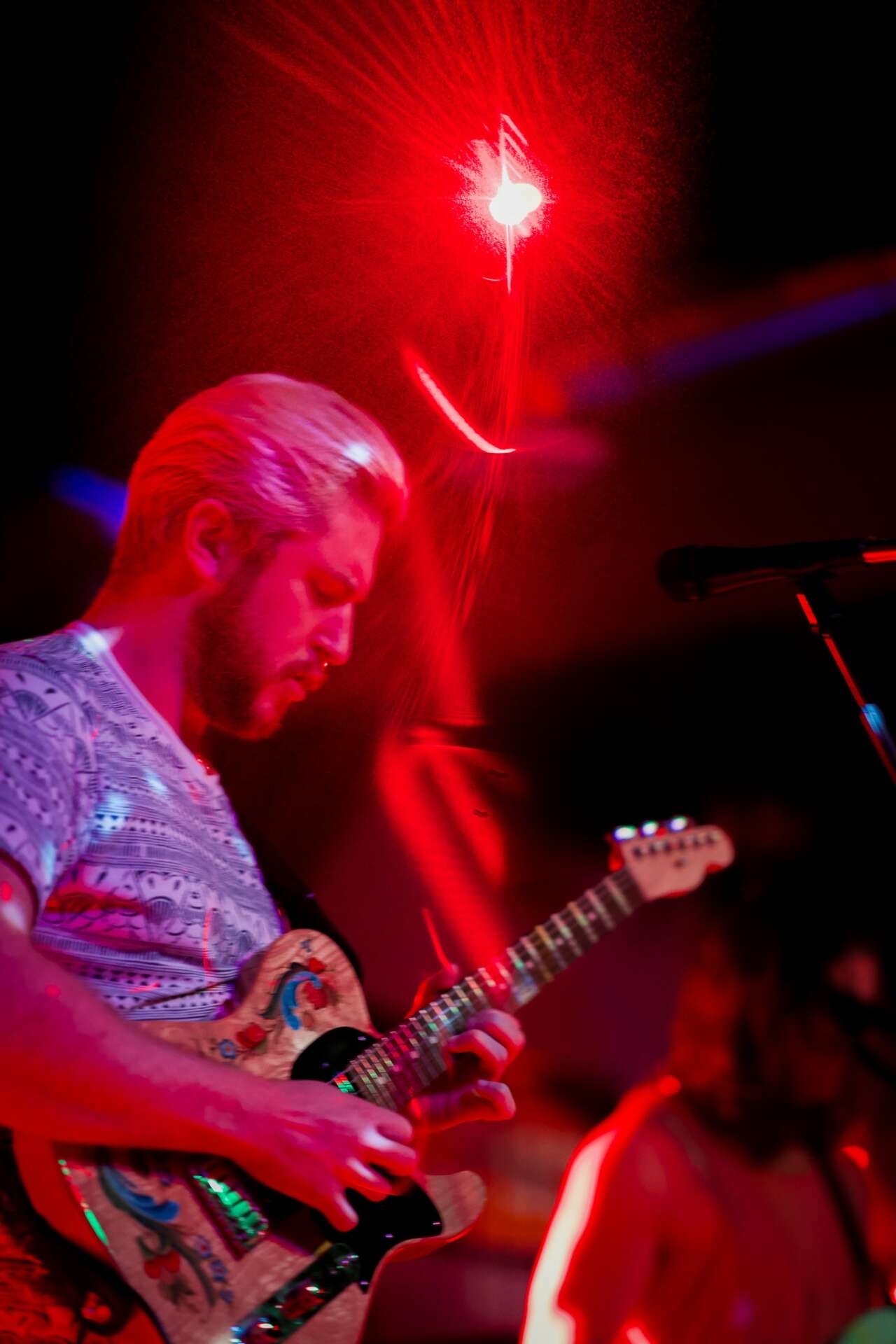
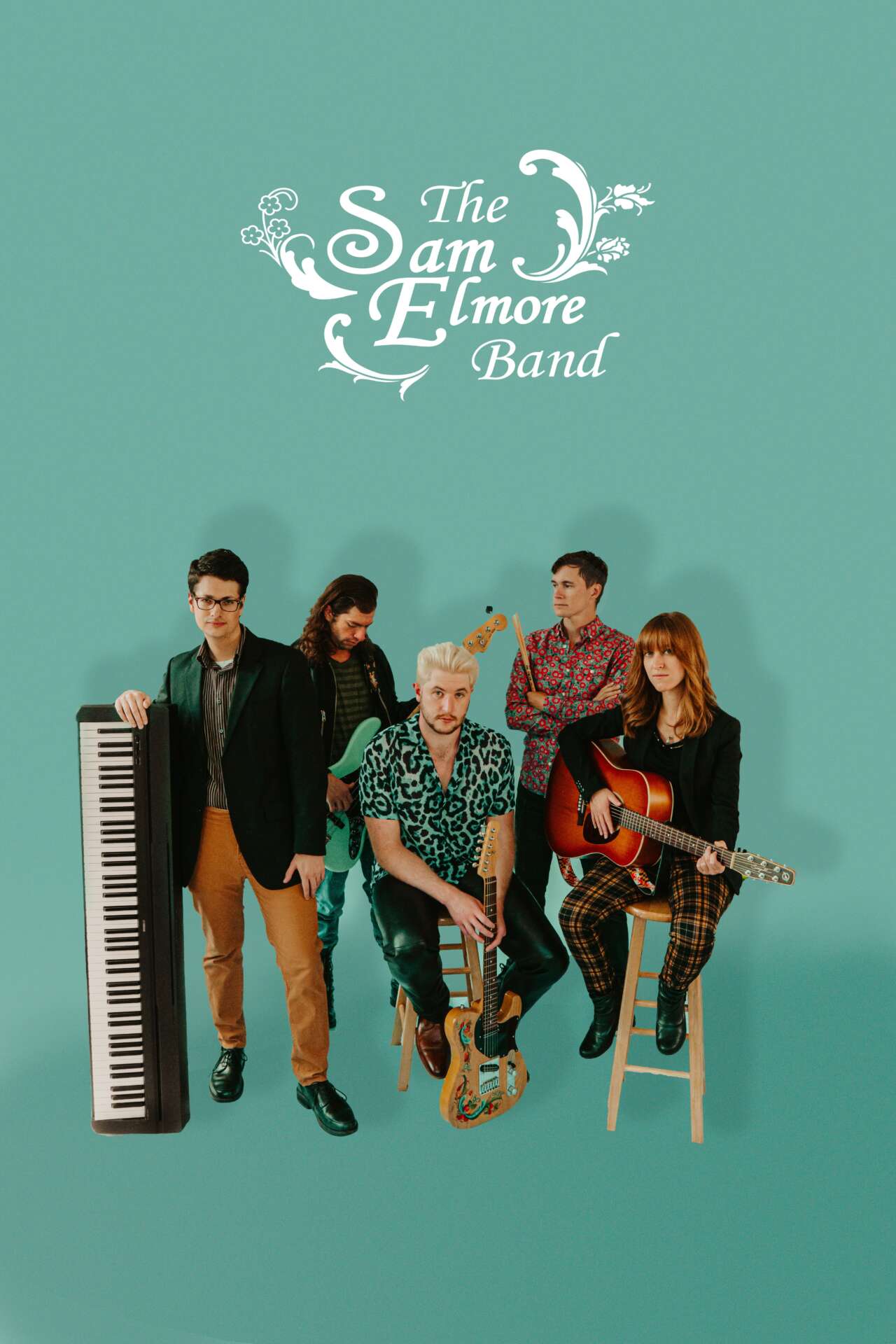
Sam, before we move on to more of these sorts of questions, can you take some time to bring our readers up to speed on you and what you do?
I am a singer/songwriter, guitarist, and bandleader for The Sam Elmore Band. Above all else: my music is sincere, and our live shows are fun. My band does some genre-blending, combining some of the more up-beat rhythms of 90’s alternative and pop-punk with classic heartland rock instrumentation. We shift in a few different directions, but that’s the foundation of our sound right now.
It took me a long time to realize that I’m very sensitive, and sensitivity can feel harshly in conflict in today’s world that demands so much of us. I know I’m not the only one who sees that the world can be better than it is. There’s a lot of suffering and a lot of noise, and it can feel impossible to even consider trying to cut through that noise. But I know that everyone has a voice, and that I need to use mine while I’m here. That’s the heart of why I write. I write about big ideas in small moments and try to distill difficult times into their emotional essence. Through storytelling, we can see ourselves and our lives reflected back to us in a way that can change us; or more accurately can show us how we can change ourselves. I think people who seek truth, yearn for more, and who want to feel the depths of feeling will like my music, because they’re chasing the same things that I am.
Through it all, though, it’s supposed to be FUN. Rock and roll is fun, and if it ain’t fun I ain’t playing it. Not every song is serious, and there’s a levity that run through the severity of the writing. Our live shows bring an extreme energy to them, and we try to elevate the room with music. You can dance, you can cry, or you can sit back and close your eyes. Growing up, seeing my rock n roll superheroes tear up the stage made me feel seen and alive and gave me the courage to be myself. I’m trying to share that same love by jumping, shouting, and singing my heart out with my bandmates now. Whatever journey you’re on, I hope to offer space for you to let yourself out.
What do you find most rewarding about being a creative?
The most rewarding aspect of being an artist for me has been to give back the gifts I received. Music, and all kinds of art for that matter, has done SO much for me. When I’ve been in my darkest places, music makes me feel seen and gives me a way out. That was especially important when I was growing up and felt so very un-seen. When people tell me they hear themselves in what I’m singing, it really touches me deep because I know what that can mean.
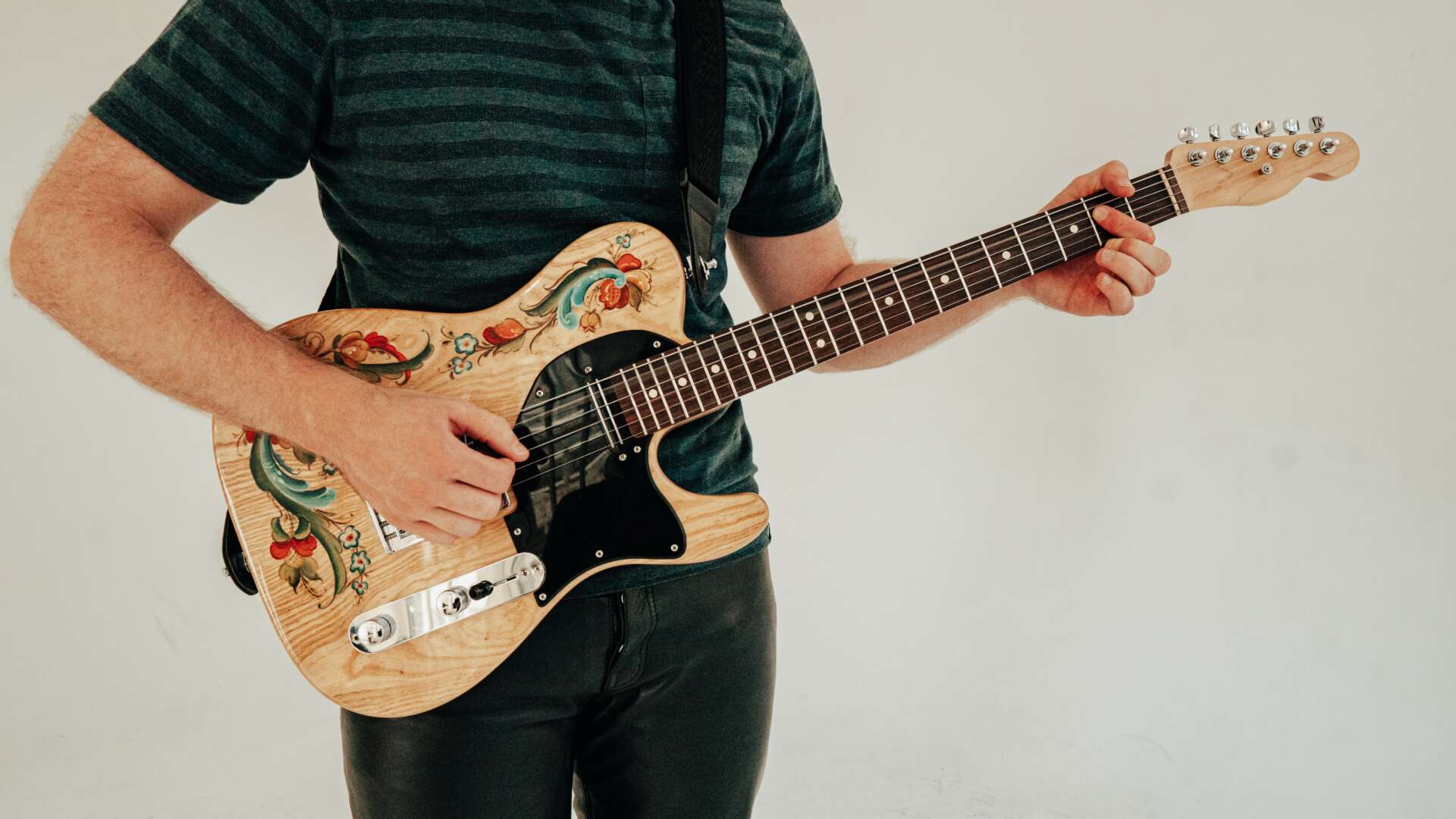
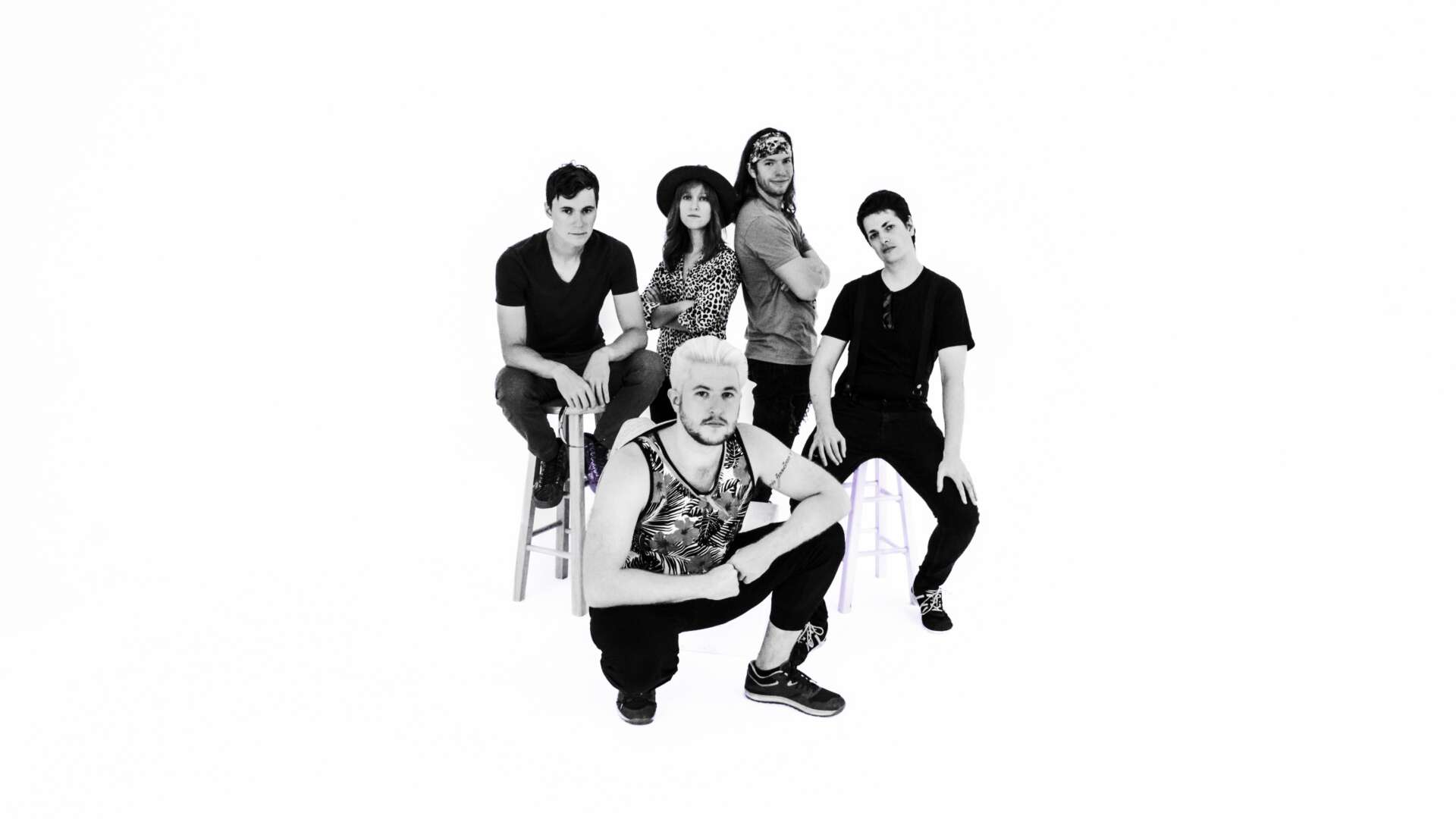
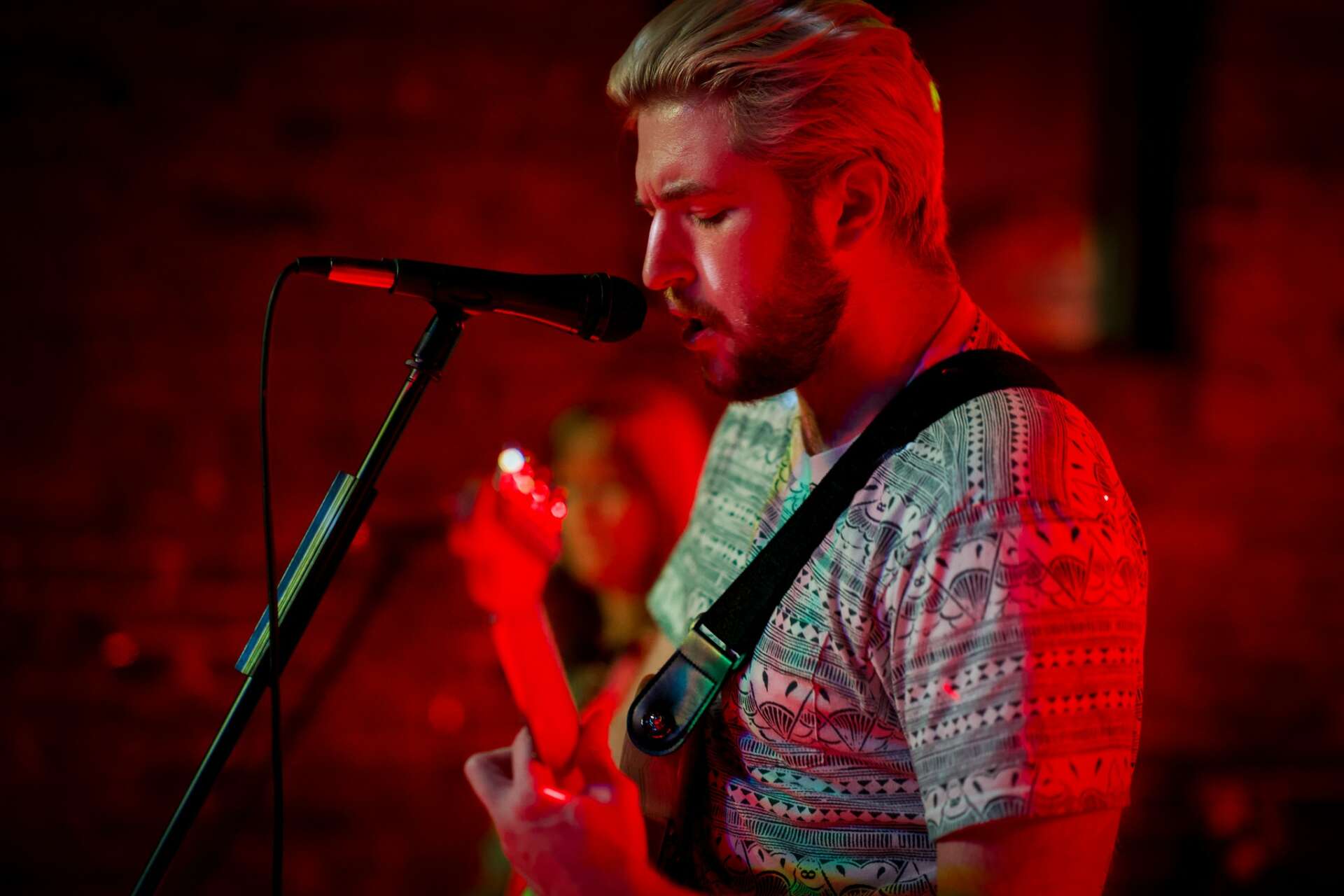
We’d love to hear your thoughts on NFTs. (Note: this is for education/entertainment purposes only, readers should not construe this as advice)
While I’m not someone who’s delved into the NFT space yet personally, I’m actually very excited about what NFTs could do for artists. I think they get a bad rep, but it’s so early in the life of the technology and I don’t think they’re going away. NFTs have the potential to revolutionize digital ownership of assets. Imagine if you could trade your digital music downloads the way you used to trade CDs and vinyl? And with smart contracts, the writers, performers, producers, and everyone involved could get their fair royalties every time the song is traded or sold. That would be a complete game-changer in how people consume music and how artists could make a living.
I think what it lacks right now is an infrastructure that’s easily accessible to the wider public, as well as education. It’s still so early that NFT’s are still associated with “crypto bros” and are easily, and understandably, dismissed. But the technology seems to have so much utility and I hope we soon get to a place where we can own our digital assets the way we own our physical ones, because that would greatly benefit artists who produce media that’s consumed digitally, whether it’s songs, visual art, animation, or anything you can think of.
Contact Info:
- Website: www.thesamelmoreband.com
- Instagram: https://www.instagram.com/sam.elmore.band/
- Facebook: https://www.facebook.com/The.Sam.Elmore.Band/
- Youtube: https://www.youtube.com/channel/UCyycSDuf4nRx_svNwRMJ_PQ
Image Credits
Kristina Goycochea Michael Ivan Schwartz


